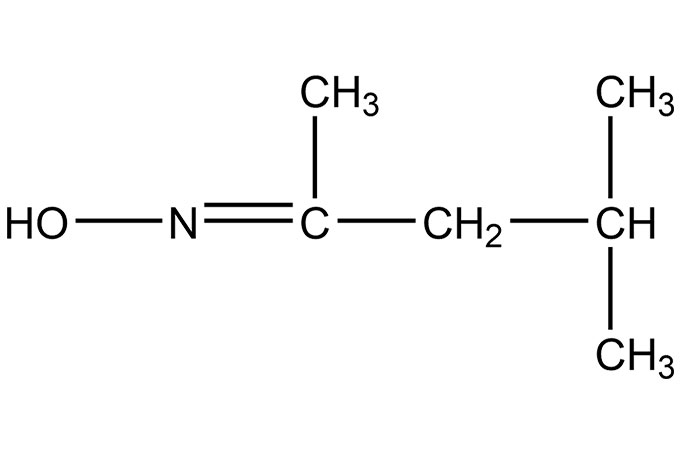In today's world, where sustainability and environmental consciousness are paramount, industries are constantly seeking ways to minimize their ecological footprint. Soft silicone oil, with its remarkable properties and versatility, has emerged as a key player in the pursuit of eco-friendly solutions. In this blog, we will explore how sustainable soft silicone oil solutions are making a positive impact on the environment and various industries.
Understanding Sustainable Soft Silicone Oil
What Makes Soft Silicone Oil Sustainable?
Sustainability in the context of soft silicone oil refers to its production, use, and disposal methods that have minimal adverse effects on the environment. Key factors that contribute to its sustainability include:
Biodegradability: Some soft silicone oil formulations are designed to be biodegradable, breaking down into harmless compounds over time.
Recyclability: Silicone materials can be recycled, reducing the need for new production and minimizing waste.
Low Volatility: Low volatility silicone oils produce fewer emissions, which is essential for air quality.
Non-Toxicity: Soft silicone oil is generally non-toxic, posing minimal risks to human health and the environment.
Applications of Sustainable Soft Silicone Oil
Sustainable soft silicone oil solutions find applications in several eco-conscious industries:
Green Lubricants
In the automotive and industrial sectors, sustainable soft silicone oil is used to create environmentally friendly lubricants. These lubricants reduce friction, energy consumption, and wear, contributing to lower carbon emissions and longer-lasting machinery.
Biodegradable Personal Care Products
The beauty and personal care industry is shifting toward biodegradable products. Sustainable soft silicone oils are used in cosmetics, shampoos, and skincare products, ensuring product performance while being kind to the environment.
Green Building Materials
In the construction industry, sustainable soft silicone oils are used in sealants, adhesives, and coatings. They enhance building energy efficiency, provide superior waterproofing, and reduce the need for repairs, resulting in less construction waste and a smaller environmental impact.
Cleaner Medical Devices
In healthcare, soft silicone oil solutions are used as lubricants in medical devices like syringes and catheters. By reducing friction and discomfort, they improve patient experiences while maintaining safety and sustainability.
Advantages and Future Potential
The adoption of sustainable soft silicone oil solutions offers several advantages:
Reduced Environmental Impact: Using eco-friendly silicone oils helps reduce emissions, waste, and energy consumption, contributing to a cleaner planet.
Health and Safety: Non-toxic and low-volatility properties ensure that these solutions are safe for workers, consumers, and patients.
Longevity: Sustainable soft silicone oils contribute to the longevity of products and equipment, reducing the need for replacements and conserving resources.
As technology advances and environmental regulations become more stringent, the future of sustainable soft silicone oil solutions looks promising. Innovations in production processes and formulations will likely lead to even more eco-friendly options and applications.
Sustainable soft silicone oil solutions are paving the way for environmentally responsible practices across various industries. Their biodegradability, recyclability, and eco-conscious applications make them a valuable asset in the global effort to reduce environmental impact.
By choosing sustainable soft silicone oil solutions, businesses and consumers alike can play a role in preserving our planet's resources and minimizing harm to ecosystems. As we Sinosil continue to prioritize sustainability, these solutions will undoubtedly remain at the forefront of green innovations, offering a brighter and cleaner future for industries and the environment.
 English
English 日本語
日本語 한국어
한국어 français
français Deutsch
Deutsch Español
Español italiano
italiano русский
русский português
português العربية
العربية tiếng việt
tiếng việt

